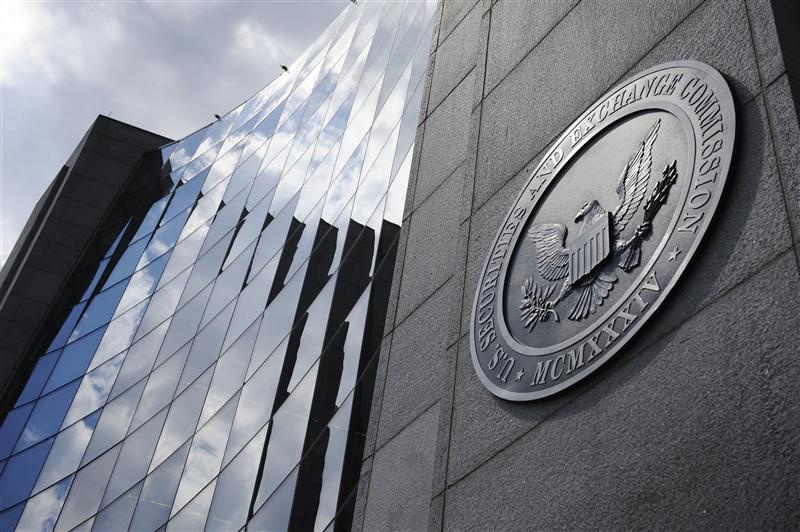The Securities and Exchange Commission warned registered investment advisers Tuesday to step up their supervision of staff who have disciplinary histories.
The agency's Office of Compliance Inspections and Examinations
released a report on the results of examinations of 50 RIAs — who manage about $50 billion for approximately 220,000 clients — in 2017 as part of a supervision initiative. The SEC sent deficiency letters to almost every advisory firm it reviewed.
The agency found many firms provided inadequate information regarding violations by their advisers and lacked policies and procedures to confirm whether a supervised person has a disciplinary record.
"OCIE encourages advisers, when designing and implementing their compliance and supervision frameworks, to consider the risks presented by, as well as the disclosure requirements triggered by, the hiring and employing of supervised persons with disciplinary histories and adopt policies and procedures to address those risks and disclosure requirements," the risk alert states.
The SEC's move comes as the Financial Industry Regulatory Authority Inc.
works on a proposal to increase oversight of firms that employ a high number of rogue brokers.
Jacob Frenkel, partner at Dickinson Wright, said the SEC is right to require transparency and clarity about advisers who have checkered disciplinary pasts. But he cautioned that not all violations are equivalent.
"There is an underlying implication here that all disciplinary events should be interpreted as a disqualifier for working for or with an adviser, when that would be the absolute wrong conclusion," said Mr. Frenkel, a former SEC enforcement attorney. "One-and-done cannot be the intent of this alert. There are significant differences between discipline for fraudulent conduct versus inadvertent compliance oversights or unintentional misapplications of rules or compliance policy."
(More: Bills to strengthen SEC's hand seek bipartisan support)
The SEC alert went beyond supervision of rogue advisers. It also touched on other oversight weaknesses. For instance, OCIE observed firms failing to monitor whether its advisers were properly disclosing fees, opening accounts that were appropriate for investors and using approved advertising material.
The SEC also found firms had undisclosed compensation arrangements that "could have impacted the impartiality of the advice their supervised persons gave to their clients," the alert states.
The SEC outlined ways firms could improve compliance, including adopting written policies and procedures for hiring people with disciplinary histories and establishing heightened supervision for them.
"Advisers should take note of these observations, because those who do not can find themselves in enforcement investigations," Mr. Frenkel said.







